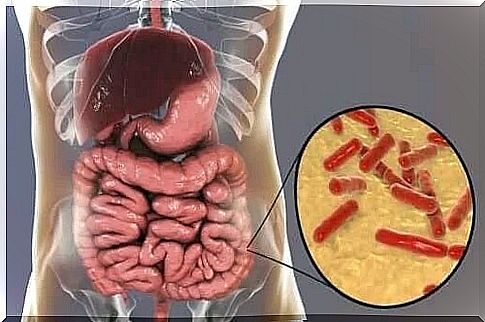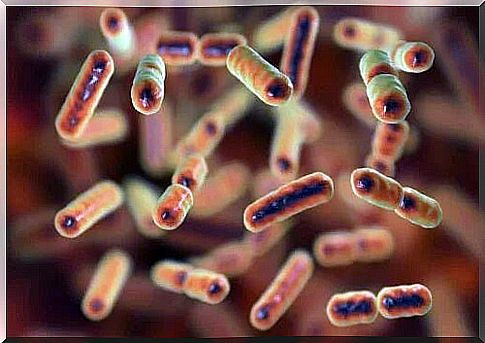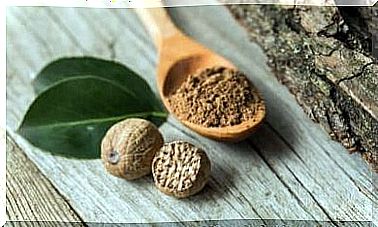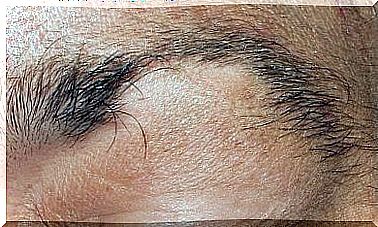How Do You Recognize The Imbalances Of The Intestinal Microbiota?

Disturbing digestive symptoms such as unexplained abdominal bloating, prolonged periods of diarrhea, constipation and foul-smelling stools may indicate intestinal microbiota imbalances.
This community of microorganisms is essential for the proper functioning of the human body. As various studies have pointed out, the microbiota supports the digestion of food and the functioning of the immune system, among others.
Do you know why intestinal microbiota imbalances occur? Have you ever wondered what you can do if your gut flora is damaged?
A healthy microbiota is essential for the optimal functioning of the gastrointestinal tract and general well-being. Keep reading to find out more useful information!
About dysbiosis
There are three types of dysbiosis:
There is a balance of intestinal bacterial colonies in the healthy individual. Many colonies self-regulate. Also, the host’s immune system maintains normalcy. Dysbiosis occurs when homeostatic balance is disrupted by either external or internal factors. This leads to a number of complications.

How do you recognize the imbalances of the intestinal microbiota?
Microbiological studies show that the intestinal microbiota stimulates the immune system. It synthesizes vitamins, inhibits pathogens and digests plant compounds, among other functions. These microorganisms are essential for the proper functioning of the gastrointestinal tract. Therefore, it is essential to maintain their balance.
Causes of intestinal dysbiosis
- The use of antibiotics to fight bacterial infections can create imbalances in the microbiome. Ampicillin or amoxicillin, among others, have negative effects on the composition of the intestinal microbiota.
- Animal studies have shown that stress and anxiety cause changes in the intestinal microbiota for several days. Stress decreases the production of intestinal mucin (the protective layer of tissue), which promotes the adhesion of pathogens.
- Other studies point out that diet plays a key role in the health of the intestinal microbiota. Foods that contain sulfates, for example, promote the growth of pathogenic bacteria in the intestinal tract. Some experts also believe that high-protein diets could have negative effects on the intestinal flora.
As an article published in Psychopharmacology explains , drug, alcohol and tobacco use appear to have negative effects on the microbiome.
Symptoms of intestinal dysbiosis

What to do in case of intestinal dysbiosis









